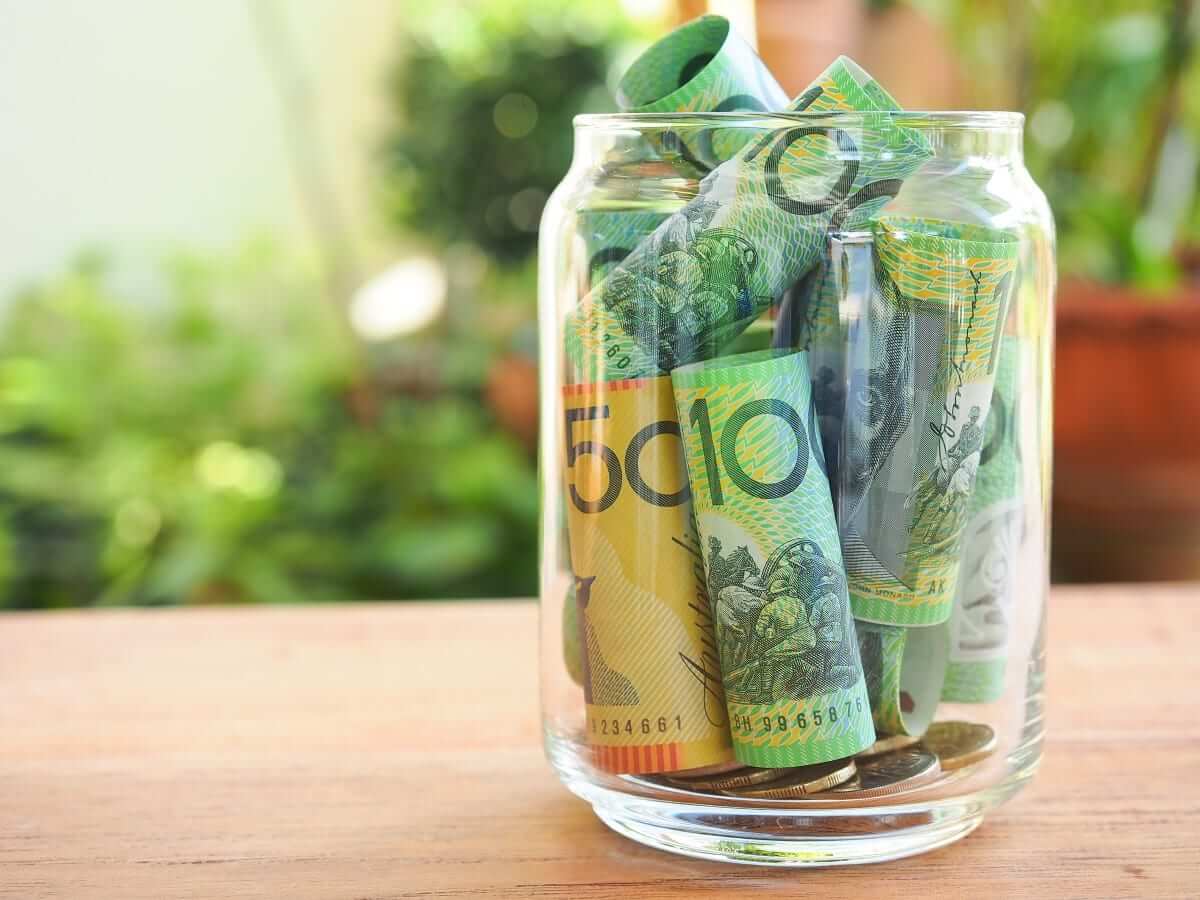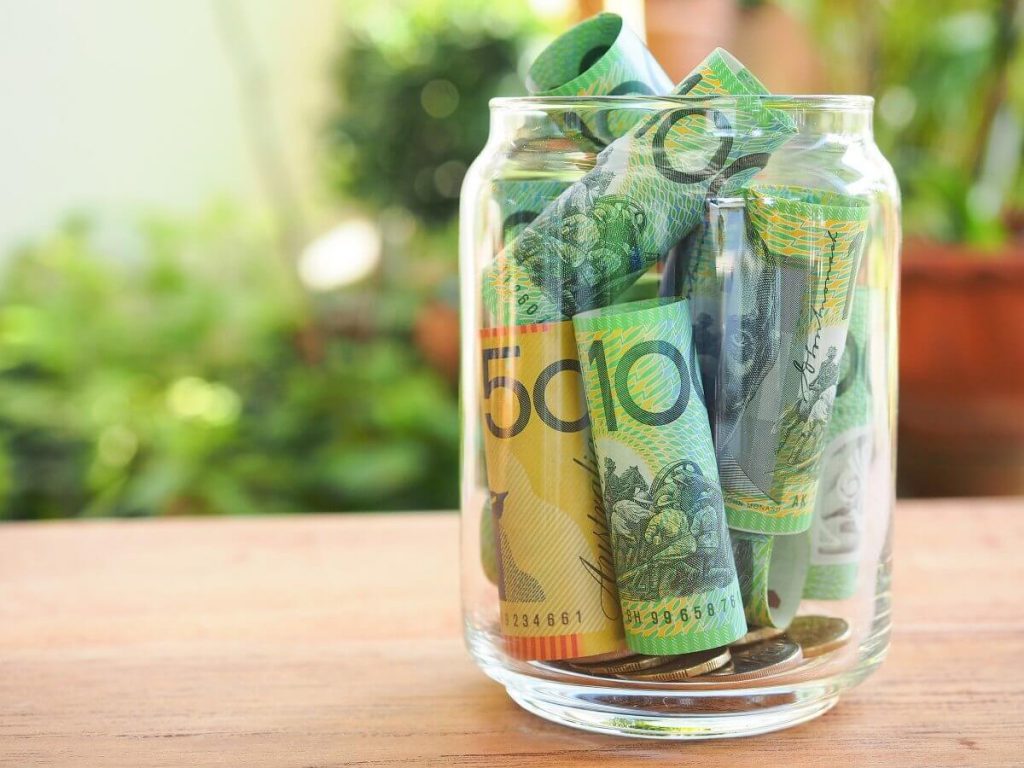
The U.S. dollar declined Tuesday. What about the Aussie?
The U.S. dollar tumbled down today, trading in the red. Despite that, it remained close to high levels hit in the previous session thanks to positive U.S. services data. The latter hinted that the Federal Reserve might stick to a higher interest rates policy in the foreseeable future.
On Monday, the greenback experienced its biggest surge in two weeks. However, the dollar index decreased by 0.1% at 105.05 against the basket of six major currencies today. USD had briefly dropped to 104.1 on Monday, reaching that level for the first time since June 28. But it hit high later after data showed that U.S. services industry activity unexpectedly soared last month.
You-Na Park-Heger, the FX Analyst at Commerzbank, noted that the longer the American economy is robust, the more doubts are likely going increase as to whether the United States will actually face a recession in 2023. Traders also speculate about the central bank’s policy decision.
The Federal Open Market Committee will announce its decision about future rate hikes on December 15. Investors bet on a half-point increase to a 4.25-4.5% policy band, as well as a terminal rate of a bit higher than 5% in May.
During this session, investors focused on the Aussie as it rebounded from its one-week lows. The Reserve Bank of Australia hiked rates for the eighth consecutive time, bolstering the currency.
Consequently, the Australian dollar surged forward by 0.46% to $0.6729, recovering some 1.4% losses from the previous session. The RBA stated that its aim wasn’t policy tightening. However, inflation is still high in the country.
Matt Simpson, a senior analyst at brokerage City Index in Brisbane, noted that the bank has spoken of a pause publicly. But it may not be as close to doing that as analysts thought.
How is the Euro faring?
The common currency rallied by 0.2% against the U.S. dollar. It exchanged hands at $1.0517 after skyrocketing to its highest level since late June in the previous session.
On Tuesday, European Central Bank policymaker Constantinos Herodotou stated that the ECB would increase interest rates again. For now, they are very near to their neutral level, though. Moreover, new data showed that German industrial orders rebounded more than expected in October. However, that news failed to boost the euro.
Francesco Pesole, the FX strategist at ING, thinks that the Western price cap on Russian seaborne crude might show its impact on the energy market in the coming days. The latter crude came into force yesterday. According to Pesole, the risks of a new surge in energy prices are non-negligible, given an expected drop in temperatures in the eurozone from this week. The common currency is highly exposed to such risks.


